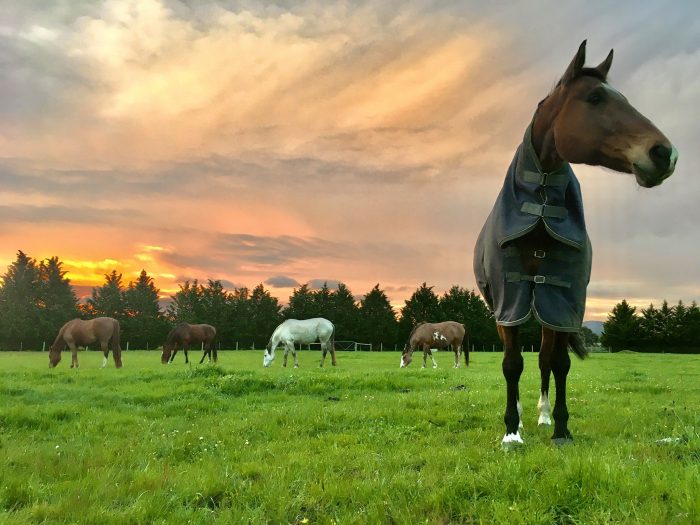Why fit in when you were born to stand out?
It’s a great inspirational quote, a question designed (I imagine) to spur us toward greatness, to peel off all the layers that keep us down and hold us back, to catapult us toward the person we are destined to be. And if this type of motivational quote works for you, then that is truly a wonderful thing.
But what if it doesn’t? If you’re someone who slips into a shame response with this type of ‘push’ or one of the many people with an innate belief of ‘I’m not good enough’ then this type of speech may very well be just another type of fodder for your Inner Critic, a veritable feast for those internal gremlins, making them even stronger with each tasty morsel.
I won’t pretend I know the concrete answer to the question, “Why fit in when you were born to stand out?” but I’m going to share my best guess based upon what I’ve learned and experienced both in my Psychology, Counselling and Equine Assisted Learning studies as well as my own life. And that is, there are MANY reasons to ‘fit in’ throughout our life, almost none of them ‘bad’ or ‘wrong’.
As children we may have adopted a fitting in pattern in order to have our needs met, to keep us connected to the caregivers we relied upon, to avoid ruptures in the relationships we didn’t yet have the capacity to repair. In some cases where there was violence or otherwise, fitting in, becoming small or insignificant may very well have kept us alive. From this perspective, fitting in is no longer the easy option but a biological response, designed to keep us connected and alive. The two things all humans need. We truly are a species hardwired to survive and survive we do. So many humble, kind and quietly courageous people I have had the good fortune to know have survived unimaginable hurt and pain. ‘Fitting in’ is just one technique that allows us to do so.
Fast forward to when we are adults and many of the patterns that kept us safe in childhood are no longer needed. However, sometimes they are, or sometimes they’re triggered into jumping back into action to protect us once again. That partner who threatens your sense of safety. The emotionally unhealthy work environment. The tyrannical boss who causes you to question your very sense of self. That friendship group whose gossiping gives you an uneasy feeling. All of these and more may be very good reasons for us to revert to fitting in, especially when as adults with adult responsibilities, we have things like bills, careers and children to consider.
I guess what I’m getting at is that the patterns, beliefs and behaviours we so often judge ourselves harshly upon in adulthood; fitting in, staying small, keeping quiet, may have served us incredibly well in the past and may even be keeping us safe in the present. That tendency to play small might be keeping us safe from an overwhelming fear of failure if we were to try and push past it. Fitting in might be protecting us from the vulnerability of showing up as our truest self in situations where we’re not yet sure it’s safe to do so.
My point in all this isn’t to say, “Just keep fitting in, it’s a great thing to do” but simply to bring a little kindness to the patterns and beliefs that have kept us safe thus far. And as we honour and thank those patterns we can build trust in ourselves and our feelings again, knowing we have our own back when we do dare to step out of our comfort zone, however tentatively that may be.
My view? Fitting in is a badass survival skill that has the ability to get us through some really difficult situations. Knowing we have this tool in our arsenal can make us braver as we do take steps to stand in our authenticity with the knowledge we’ve never let ourselves down before.
In short. Fit in if you need to fit in. Stand out when you’re ready but above all, bring kindness to yourself and to the patterns and beliefs that got you this far. After all, it’s when we truly have our own back, perceived warts and all, that we give ourselves the power to become who we are destined to be.







Read 0 comments and reply